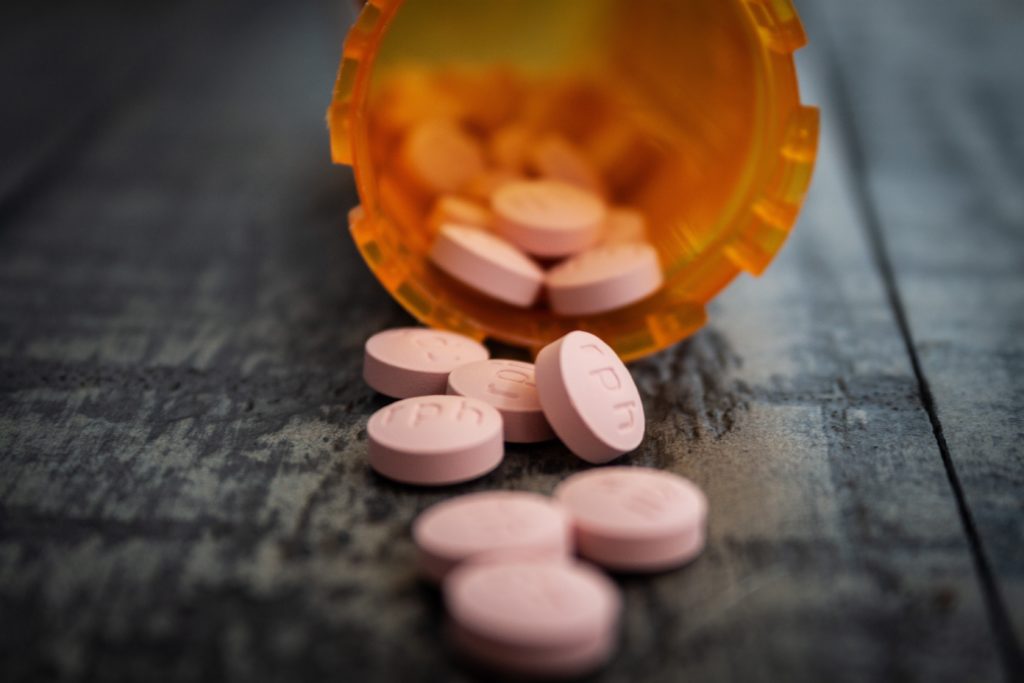Prescription Stimulant (Speed) Addiction:
What You Need To Know
What You Need To Know
Table of contents
There’s a lot of mixed information out there about prescription stimulants (speed) addiction. So in this article, we’re going to provide you with the basics you need to know in order to make an informed decision about whether or not you’re at risk of addiction.
First of all, it’s important to understand that prescription stimulants are legally prescribed by doctors to treat conditions like ADHD and narcolepsy. However, in recent years they’ve become popular among recreational users as well. This is because they produce a euphoric “high” that’s often addictive. And as addictive drugs tend to do, prescription stimulants can have a serious impact on your mental and physical health.
When used in moderation, prescription stimulants can be safe and helpful. However, if you’re using them for the “high” instead of the intended purpose, you’re at risk for addiction. And addiction to stimulants can have serious consequences – including problems with your mental and physical health, financial instability, and even criminal activity. So if you’re concerned about your risk of addiction, it’s important to talk to your doctor about the potential risks and benefits of prescription stimulants.
What are Prescription Stimulants?
Prescription stimulants are often used to treat conditions that inhibit a person’s ability to function normally, such as ADHD. However, with the rise in prescription drug abuse in recent years, many people have become addicted to these medications. An increase in abuse and misuse of prescription stimulants has led to a rise in the number of people diagnosed with a speed addiction.
Prescription stimulants are a class of drugs that stimulate the central nervous system and help control behavior by increasing focus, alertness, and energy for more than 6 hours. The most common stimulant drugs are amphetamines (e.g., Adderall), dextroamphetamine (e.g., Dexedrine), methylphenidate (e.g., Ritalin), or mixed amphetamine salts (e.g., Metadate CD). Some over-the-counter remedies also contain these chemicals such as caffeine pills or chocolate supplements.
Signs of an Addiction to Prescription Stimulants
People who are addicted to prescription stimulants may experience withdrawal symptoms when they try to stop taking the drugs. Signs of an addiction may include:
- Increased anxiety or restlessness when trying to discontinue use
- Strong urges to take more prescription stimulants because you have to have it now
- Tearing, chewing, or burning of the mouth when trying to discontinue use
- Difficulty concentrating or completing tasks, or repetitive behaviors (e.g., nail-biting, hair-pulling) when trying to discontinue use
- Aggressive behavior when trying to get prescriptions filled or when they are not filled
- Physical symptoms (e.g., muscle aches, fever, nausea, diarrhea, vomiting) when trying to discontinue use
- Feeling extremely depressed or hopeless when trying to discontinue use
Treatment of Prescription Stimulant Addiction
If you are addicted to prescription stimulants, the first step is to talk to your doctor about finding a different treatment option. Many treatment options are available for prescription stimulant addiction, including outpatient treatment, residential treatment, and inpatient treatment. Some of these treatment options include:
Counseling or Psychotherapy
This type of treatment helps people recognize their triggers, understand the reasons for their drug use, and develop healthy coping strategies.
Cognitive Behavioral Therapy
This type of therapy focuses on identifying and changing thoughts and behaviors associated with addiction.
Medications
Some medications are used to treat substance use disorders such as prescription stimulant addiction. Doctors may recommend medications such as buprenorphine or naltrexone.
Support Groups
Group therapy can help people with addiction to build supportive relationships that can help them stay on track with treatment.
Detoxification
Detoxification programs focus on helping people withdraw safely from prescription stimulants.
Detox With Briarwood
Briarwood Detox Center offers detox treatment for alcohol, opioid, methamphetamine, prescription drugs, and much more. Our experienced clinical staff provides round-the-clock monitoring throughout the detox process and our therapy team provides support to help manage the emotional response to treatment. Additionally, we have detox facilities located in Austin, Houston, and Colorado Springs with state-of-the-art amenities.
Briarwood is dedicated to facilitating a healthy and safe environment that empowers people to make significant and lasting changes in their lives. We look forward to supporting you or your loved one on the journey to recovery. Call (512) 277 – 3103 today for more information on our programs and admission process.
Break Free From Your Addiction Today
(in 3 easy, confidential steps)
Verify your insurance
Complete our fast, free, and easy verification process over the phone to determine the extent of your insurance coverage.
Make an informed decision
We will provide personalized placement recommendations based on your insurance, treatment needs, financial situation, and schedule.
Contact us
Call (888) 857-0557 or fill out our online form for a free and confidential personal consultation with an admissions specialist.











